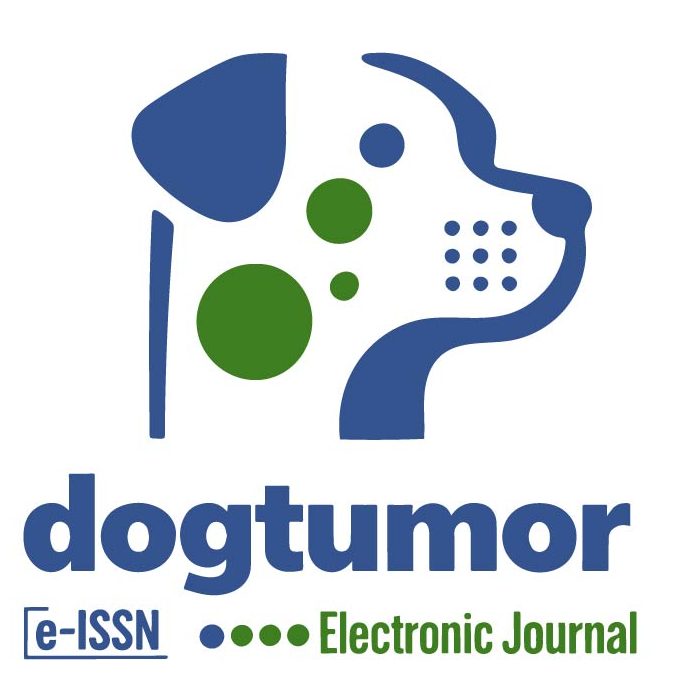Veterinary Oncology Market: Exclusive Canine Cancer Drug Approval Boost
The veterinary oncology market is undergoing a significant transformation, driven largely by recent breakthroughs in canine cancer treatments. The latest canine cancer drug approval marks a milestone, offering new hope to pet owners and veterinarians alike. This advancement not only enhances therapeutic options but also stimulates growth and innovation within the veterinary pharmaceutical sector. In this article, we delve into the impacts of this drug approval, explore current trends in veterinary oncology, and consider future prospects for cancer treatment in animals.
Understanding the Landscape of Veterinary Oncology
Veterinary oncology, a specialized branch of veterinary medicine, focuses on diagnosing and treating cancer in animals, primarily pets such as dogs and cats. As pets live longer and receive more comprehensive medical care, cancer has become a leading cause of illness and mortality, prompting increased demand for effective therapies.
Traditionally, treatment options in veterinary oncology were limited, often mirroring human cancer therapies but with fewer dedicated medications due to market constraints and unique veterinary needs. However, with rising awareness and investment, the market has begun evolving, targeting specifics in animal cancers rather than merely adapting human drugs.
The Significance of Canine Cancer Drug Approval
One of the most substantial drivers propelling the veterinary oncology market forward is the recent canine cancer drug approval by regulatory authorities. This FDA approval marks a critical recognition of the need for medications tailored specifically for dogs suffering from cancer.
These drugs undergo rigorous testing to ensure safety and efficacy, addressing unique metabolic and physiological aspects of canine patients. Unlike off-label use of human drugs, approved veterinary cancer drugs promise optimized dosing, reduced side effects, and better overall outcomes for dogs.
Impact on Treatment Approaches and Patient Outcomes
With the validation and availability of approved canine cancer drugs, veterinary oncologists can now implement more targeted, effective treatment protocols. This innovation directly translates into:
– Improved survival rates: More precise therapies mean higher chances of remission and prolonged life spans.
– Better quality of life: These drugs are formulated to minimize adverse effects, enabling pets to maintain mobility, appetite, and activity levels.
– Enhanced diagnostic precision: Approval processes often coincide with advancements in diagnostic tools, helping vets identify cancer types earlier and more accurately.
Market Growth and Economic Implications
The veterinary oncology sector’s expansion stemming from the canine cancer drug approval is notable. Market analysts forecast consistent growth fueled by several factors:
– Increased pet ownership: Particularly during the pandemic, pet adoption surged, enlarging the potential customer base.
– Higher veterinary care expenditure: Pet owners increasingly prioritize health, opting for cutting-edge treatments.
– R&D investment: Pharmaceutical companies are channeling resources into developing specialized veterinary drugs due to shifting market dynamics.
As a result, companies developing canine cancer drugs are experiencing enhanced revenue prospects, attracting more players into the veterinary pharmaceutical landscape. This competitiveness encourages continuous innovation, benefiting both animals and the industry.
Challenges in Veterinary Oncology Drug Development
While the approval of new canine cancer drugs is promising, several challenges remain:
– High research costs: Developing veterinary-specific drugs involves significant investment, and the market size is smaller compared to human oncology.
– Regulatory hurdles: Even with recent successes, navigating drug approval for veterinary use requires meeting stringent guidelines tailored for animal safety.
– Diverse cancer types: Dogs can suffer from various cancers, each requiring distinct therapeutic approaches, compounding development complexity.
Despite these obstacles, regulatory frameworks are becoming more accommodating, and collaborations between veterinary oncologists, researchers, and pharmaceutical firms are fostering solutions.
Emerging Trends in Canine Cancer Treatment
Beyond approved drugs, several innovative treatments are reshaping veterinary oncology:
– Immunotherapy: Harnessing the immune system to fight cancer is gaining traction, with studies showing promising results in canine patients.
– Precision medicine: Genetic profiling of tumors is allowing for customized treatment plans, improving therapy effectiveness.
– Combination therapies: Using multiple drugs or modalities (chemotherapy, radiation, surgery) simultaneously increases chances of success.
These trends align with human oncology innovations but adapted for the veterinary context, indicating a future where pet cancer treatment is highly advanced.
Role of Veterinary Professionals and Pet Owners
For the full potential of the new canine cancer drug approval to be realized, collaboration between vets and pet owners is crucial. Veterinarians must stay informed about emerging treatments and communicate options clearly, while owners need education on early cancer signs, screening, and adherence to therapy protocols.
Proactive veterinary care, including routine check-ups and diagnostic screenings, increases the likelihood of early-stage cancer detection, where newly approved drugs can be most effective.
The Future of the Veterinary Oncology Market
Looking forward, the veterinary oncology market is poised for sustained growth. The success of the recent canine cancer drug approval sets a precedent encouraging further pharmaceutical innovation and regulatory support. Research into novel agents, combined with advancements in veterinary diagnostics and personalized care, promises to enhance treatment landscapes across species.
As pet care standards evolve and cancer remains a significant health concern, veterinary oncology will become an ever more vital field. Stakeholders from pharmaceutical companies to academic researchers and policymakers will play essential roles in making these advancements accessible and affordable for pet owners worldwide.
Conclusion
The recent canine cancer drug approval has ignited a new era in veterinary oncology, boosting market growth and improving treatment prospects for dogs with cancer. While challenges persist, the momentum created by this milestone underscores the veterinary pharmaceutical industry’s commitment to innovation and animal well-being. With continued investment in research and education, the future holds bright possibilities for pets facing cancer and those who care for them.
